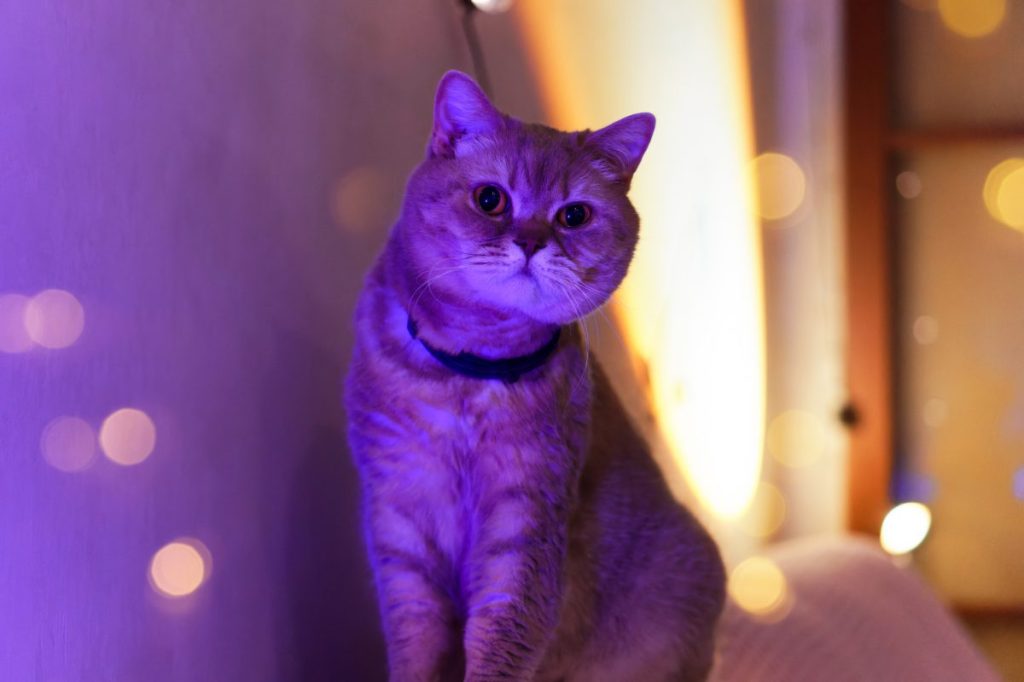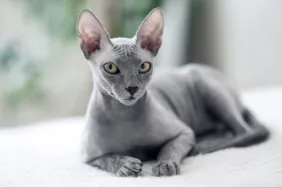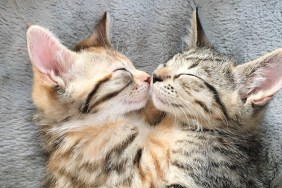Your cat may be more of a party animal than you think. Surprisingly, a recent study by Royal Society Open Science suggests that cats can glow in the dark. On the bright side, you don’t need to worry about shelling out cash for glow sticks on the off-chance your feline has been sneaking out to attend late-night dance raves.
This discovery comes in light of Australian scientists analyzing a museum’s mammal collection. The experts studied the collection under UV light and found that 125 mammals, including cats, contain fluorescent properties.
Fluorescence found in bone, teeth, and claws enables cats to glow in the dark
Felis catus (domestic cats) was recently included in the long list of mammals that glow in the dark. The researchers from the Western Australian Museum and Curtain University recently studied a sizable collection of mammals to ascertain which of them contain fluorescence. The study included 54 nocturnal animals — meaning they were active at night — and 71 diurnal specimens — from animals active during the day — as part of the experiment.
They found that the fluorescent compounds reside in the bone, teeth, claws, fur, feathers, and skin of the various animals. Aside from feathers, the compounds are located everywhere else in cats — which allows them to glow in the dark. Additionally, the team saw colors such as red, yellow, green, pink, and blue under UV light.
Kenny Travouillon, the curator of Mammalogy, said the team was “quite curious” to find out about fluorescence in mammals. The researchers used a spectrophotometer to measure the light emitted from the specimen under UV light. The fluorescence was a result of a chemical present on the surface of a mammal which absorbs light. Afterward, the substance, i.e. protein or carotenoid, then emits light at “longer and lower-energy wavelengths.”
Most specimens, including cats that glow in the dark, were white in color or had light-colored fur. So, if your Persians, Siamese, and other breeds of cats start glowing in the dark under UV light, don’t be alarmed. Apparently, it’s totally normal — albeit very, very cool. Other areas of your feline with the ability to light up a room include their whiskers and teeth.
According to ABC News, other mammals whose specimens were studied include bats, platypus, koalas, polar bears, zebras, dolphins, and humans.









